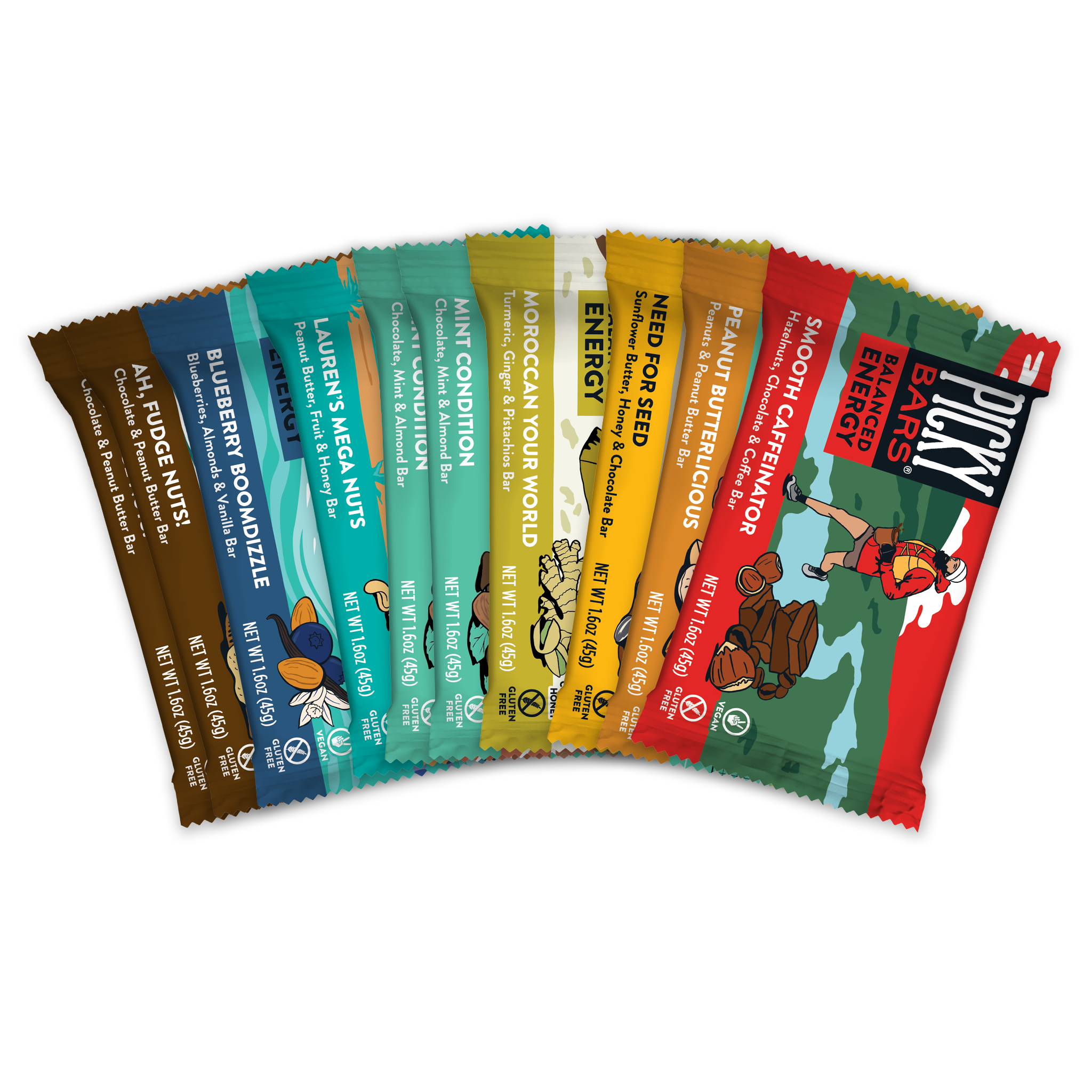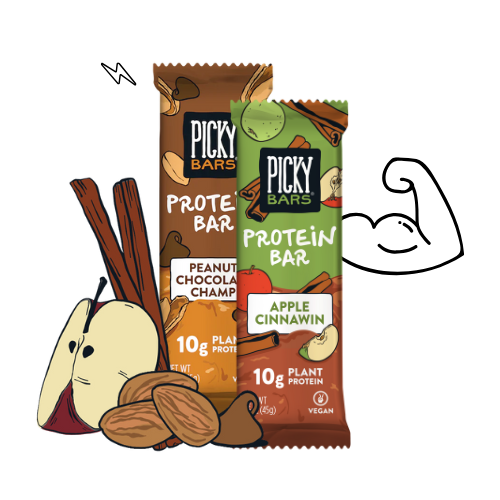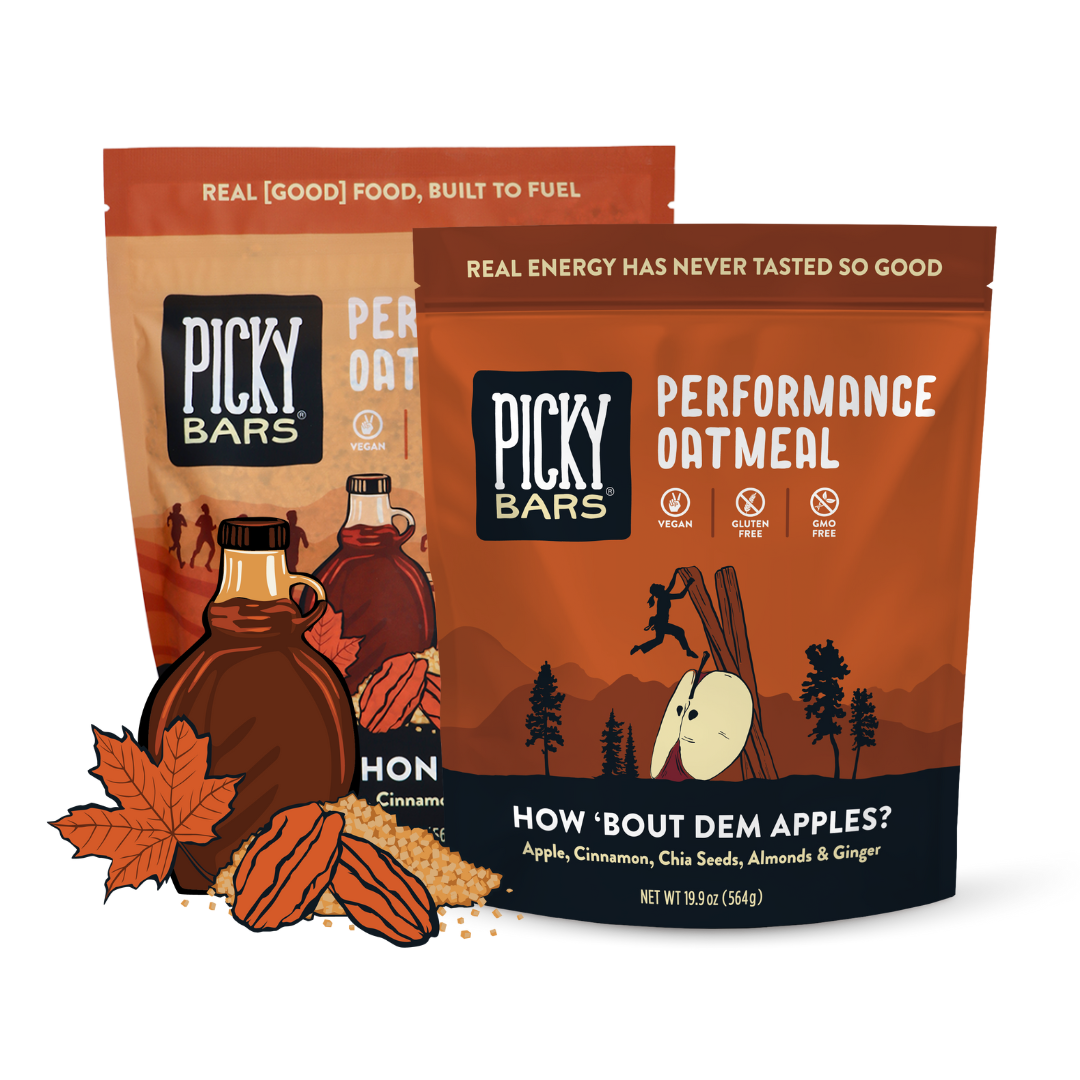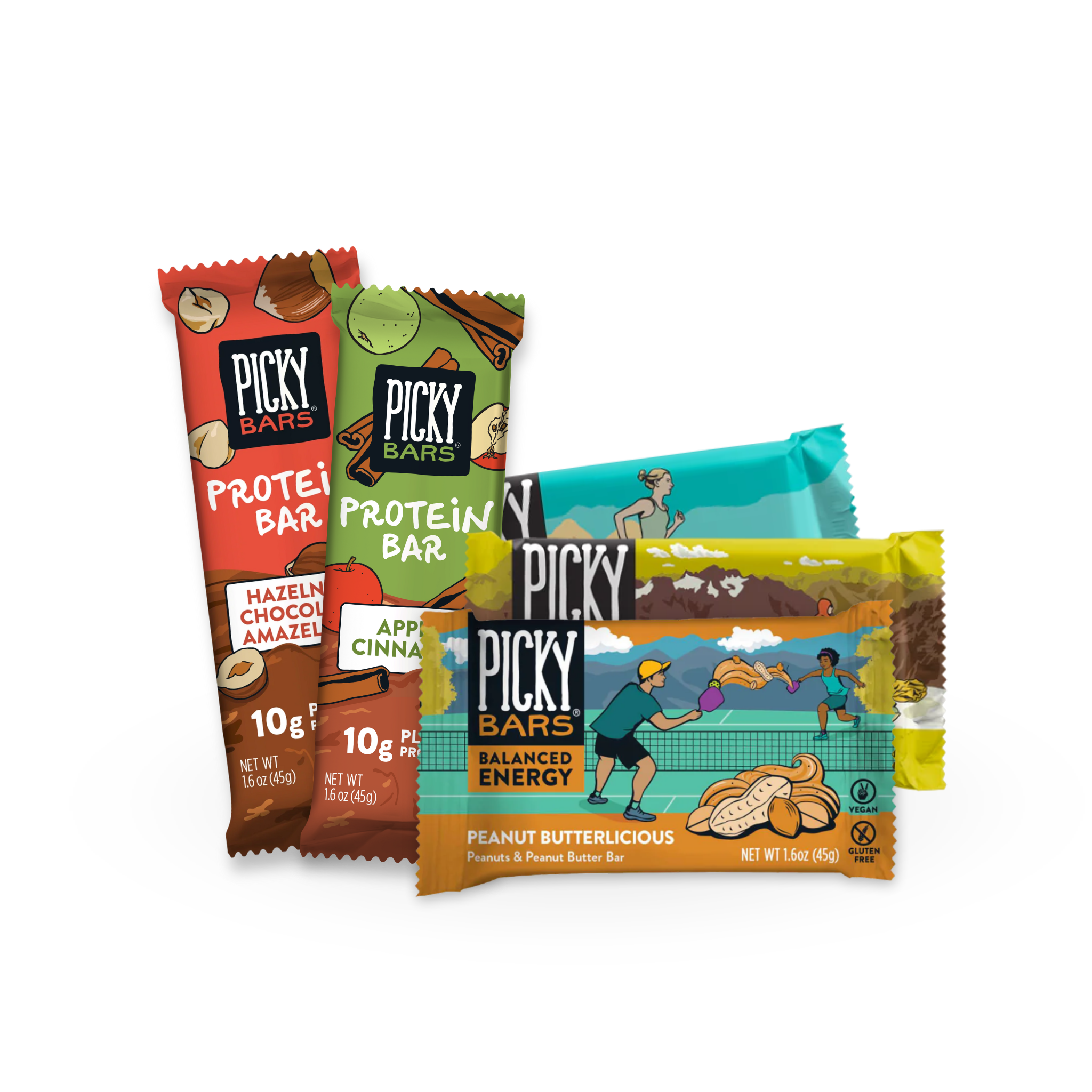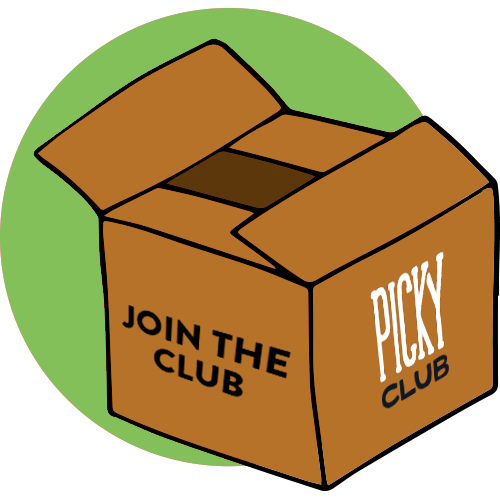· By Sarah Conklin
A Pro Triathlete & Vegan Yogi / InsideTracker
scroll to the bottom to enter our Spring Training Giveaway, including an InsideTracker analysis of your own!
We know there’s no one single best nutrition strategy. Everybody’s body is different, tastes vary, and dietary preferences are as wide-ranging as an international marathon’s pace groups. (Who knew sunshades were so polarizing?!) As a company we know our products aren’t going to accommodate everyone’s needs, and as athletes we know that what works for our desk mates or training partners won’t always work for us. Which got us thinking…
How is one to know what their optimal diet looks like to maximize their performance? Is there one vitamin or mineral that reigns supreme, one common pain point, one magic food that’s bound to improve anyone and everyone’s well-being without making anyone gag or break out in anaphylactic response?
Spoiler: There’s not.
Our friends over at InsideTracker have as close to an answer as we’ve found, though, through their custom blood testing and analysis. We were curious to see just how far reaching the athletic nutrition realm could be, so we turned to the furthest corners of our small office’s diet and exercise spectrum - Jesse Thomas, ‘everything-atarian’ professional triathlete, and our vegan yogi graphic designer Kelli - and signed them up for a mobile blood draw. Then we crossed our fingers that no one would get results saying to eat fewer dates or oatmeal.
Spoiler: They didn’t.
The draw process was super easy. A nurse showed up (toting her own handmade elbow cushion, no less) got busy choosing the right veins and optimal angles for the draw. She filled up a handful of tubes for each of them and sent them on their way with an InsideTracker branded bandage. The blood went to a lab for testing and a few days later a very in depth report hit their inboxes, including info on a ton of biomarkers, why they're important for athletes, and suggestions on how to improve any less than optimal results. It was pretty eye opening, and interesting to see how two very different people can have some very similar results!
Spoiler: We're ready for some warm sunshiny days in Bend.
![]()
![]()
![]()
more sunshine and granola you say? OKAY twist our arm...
Get the rundown on what Jesse and Kelli learned from their results and the suggestions that InsideTracker experts provided to improve on their overall wellness, then click the link below to enter our Spring Training Giveaway and win a draw of your own! (Plus about a hundred other super sweet prizes, including a Garmin watch!)
Jesse Thomas, pro triathlete, on InsideTracker:
The biggest takeaway for me was, after 3 weeks of snowpocalypse, I need to get outside more (or supplement vitamin D!). I know vitamin D can be super important for a lot of reasons around calcium absorption and general health, and this was the farthest off metric for me. So yesterday I started taking some vitamin D and also spent part of the work day outside in the sun. It also recommended that I eat a bit more dairy (calcium, vit D), fish (B12, D), and supplement magnesium citrate, all of which I'll do for a few months and see if it improves.
Other most important takeaways for me included:
- My sugar levels were off, and recommendations were to reduce intake of red meat, which is funny because I've been doing that already because it makes my stomach feel yucky.
- It recommended I get more sleep, and reduce high intensity exercise because of lowish testosterone levels! Not surprising as I'm working my ass off right now at Picky Bars, training pretty hard for a marathon, and have two kids who don't give a crap about how much I sleep!
- My "Internal Age" is 28 years old! So there you go, Picky Bars will add 11 years to your life*, ha!
*legally required to say this is a joke and not a real claim
Overall, I did come away with some interesting insights, and will make a few changes to my diet as a result, and be more conscious of getting out in the sun and continuing to get more sleep. Was also good to see that I wasn't crazy wrong on anything and in general eating a healthy balanced diet and exercising has kept me free from major deficiencies in any particular category. Thanks InsideTracker for letting us take a test ride.
Kelli, vegan yogi, on InsideTracker:
I’m 31. My inner age according to InsideTracker: 26.4! Could have been lower (optimal: 19.5) but was dinged due to low vitamin D and low activity score (wah wah…) The recommended foods to help optimize my overall inner age: tempeh, brazil nuts, soy beans, and pumpkin and squash seeds.
I follow a mostly whole food, vegan diet which consists of beans and legumes, whole grains, veggies, fruits, and nuts and seeds. I usually only eat tofu or tempeh at restaurants, and therefore was not surprised that I was found to be low in B12, which is a vitamin important for nerve health. After seeing numerical proof of my deficiency, I’m going to go ahead and start taking a weekly supplement to make sure I don’t run into any problems down the road. I was also found to be low in vitamin D. It’s the end of winter, though, so I’m not totally surprised 👻. I’m going to start making sure I eat way more mushrooms (UV exposed), and getting at least 20 minutes of sunshine every day.
The blood test was taken in the morning and my cortisol (the stress hormone) was found to be just a little elevated. They recommended I eat granola, pepitas, chia seeds, peanut/sunflower/ almond butter, old fashioned oats, and almonds to lower it. I guess my bowl of oatmeal after a strenuous Ashtanga practice is a good thing!
ENTER TO WIN YOUR OWN CUSTOM WELLNESS ANALYSIS FROM INSIDETRACKER
[ GIVEAWAY HAS ENDED ]
(womp womp)


